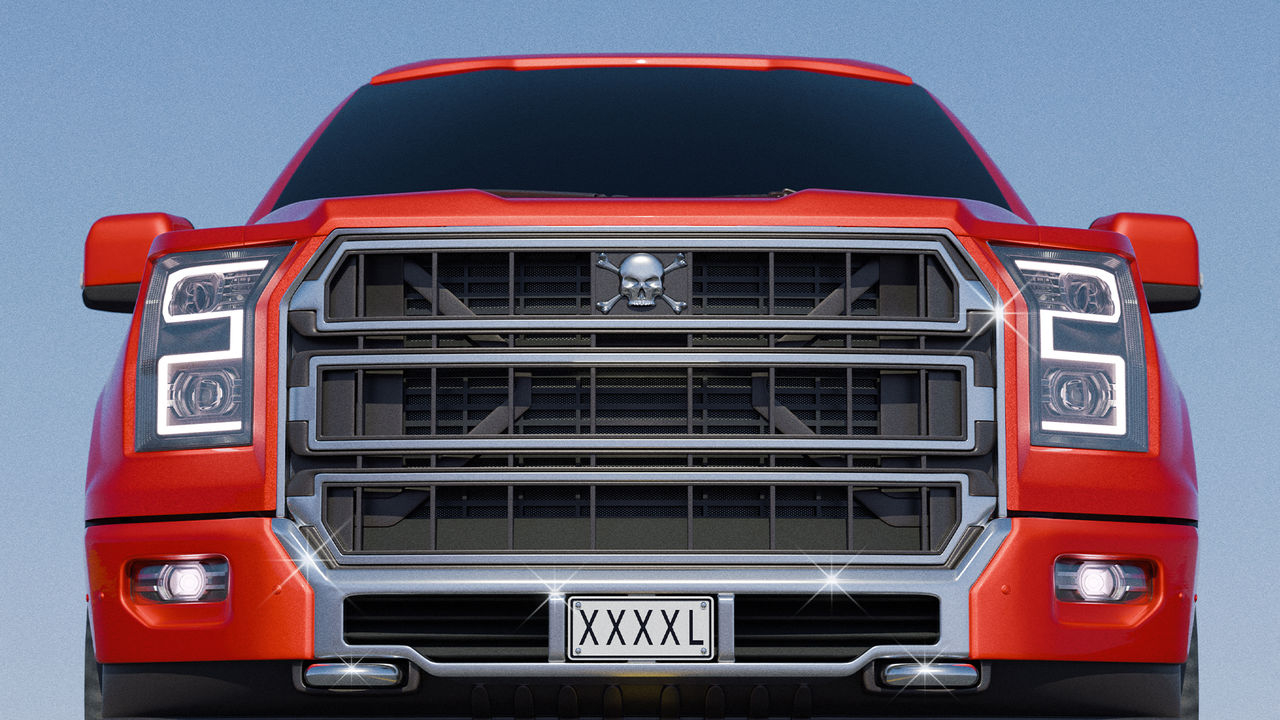THE NEXT time you are stuck in traffic, look around you. Not at the cars, but the passengers. If you are in America, the chances are that one in 75 of them will be killed by a car—most of those by someone else’s car. Wherever you may be, the folk cocooned in a giant SUV or pickup truck are likelier to survive a collision with another vehicle. But the weight of their machines has a cost, because it makes the roads more dangerous for everyone else. The Economist has found that, for every life the heaviest 1% of SUVs or trucks saves in America, more than a dozen lives are lost in smaller vehicles. This makes traffic jams an ethics class on wheels.
Each year cars kill roughly 40,000 people in America—and not just because it is a big place where people love to drive. The country’s roads are nearly twice as dangerous per mile driven as those in the rest of the rich world. Deaths there involving cars have increased over the past decade, despite the introduction of technology meant to make driving safer.
Weight is to blame. Using data for 7.5m crashes in 14 American states in 2013-23, we found that for every 10,000 crashes the heaviest vehicles kill 37 people in the other car, compared with 5.7 for cars of a median weight and just 2.6 for the lightest. The situation is getting worse. In 2023, 31% of new cars in America weighed over 5,000lb (2.27 tonnes), compared with 22% in 2018. The number of pedestrians killed by cars has almost doubled since 2010. Although a typical car is 25% lighter in Europe and 40% lighter in Japan, electrification will add weight there too, exacerbating the gap between the heaviest vehicles and the lightest.
Archive



Stop using vehicle footprint for trucks on CAFE standards.
Starting in 2012 truck fuel economy standards changed to being based on vehicle footprint, which essentially outlawed small trucks and encouraged manufacturers to keep making them bigger and bigger.
It’s why the Ranger, Dakota, and S10 were all suddenly discontinued. The Ranger eventually came back, but is now bigger than the F150 was before.
It’s hit cargo vans too. Between 2021 and 2023, all small cargo vans (Transit Connect, Promaster City, and NV200) were discontinued as they got passed by stricter fuel economy standards that penalized them for not having a larger footprint.
Yeah, somehow the MPG count as well, they have a formula where a bigger car has higher MPG in the end, smaller cars are lower MPG by that formula.